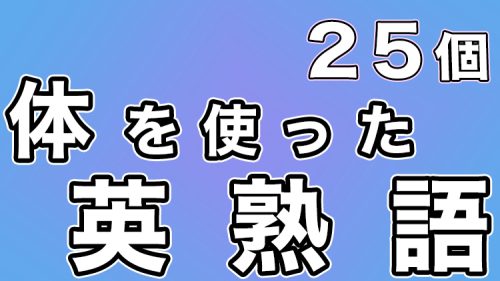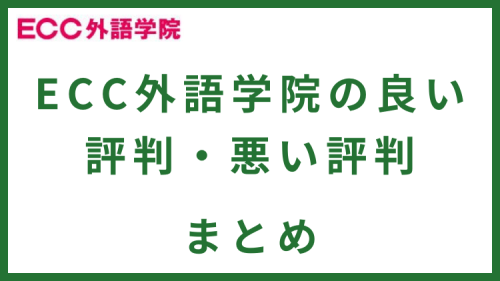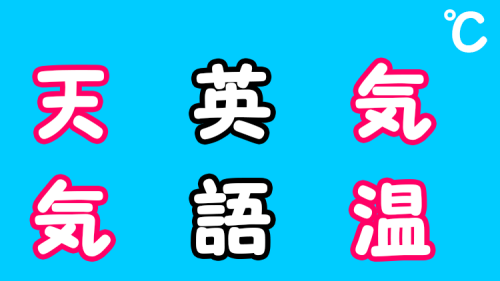こんにちは、カズヒロです。
これから初めて留学される方は、緊張しているかもしれない?
自分の英語がきちんと通じるか? 相手の言っている事が理解できるか?
自分も始めてアメリカに留学した時は、物凄く緊張しました。
ただ、今回、解説するネイティブの学生が使用する 25のフレーズ を覚えておけば、留学生活は大丈夫です。
このフレーズは、自分が留学していた時の経験を基に25個に厳選しています。
わかりやすいように、解説と動画がありますので、音読して、覚えていきましょう。
では、早速始めていきます
ネイティブの学生が使うフレーズ25個
1. I’m positive
I’m positive.
意味: 絶対、間違いないと主張する

Tom was walking with a woman I’ve never seen before.
トムさんが知らない女性と手を組んで歩いていた

Really, you must have seen it wrong.
本当、見間違いでは?

I’m positive.
絶対、間違いないよ
2. That makes sense
That makes sense
意味: なるほど、理解できた

If I explained it this way, would you be able to understand
this problem?
この説明だったら、この問題を理解できるかな?

Okay, that makes sense.
なるほど、それなら理解できる
3. Freak out
Freak out
意味: 驚く、パニックになる
When I saw celebrities in the train, I freaked out.
電車の中で有名人を見たときは、私はパニックになった
4. Why not
Why not
意味: ①なぜ? (理由を聞く)

I don’t want to go out today.
今日は外出したくないです。

Why not? なぜ?
理由を聞く
意味: ②もちろん (断る理由がない)

Do you want to go out for a drink today?
今日飲みに行かない?

Why not?
もちろん! (断る理由がない)
5. I was like~
I was like~
意味: 思った、~のような感じだった
When I ate this food for the first time, I was like, what is this taste?
この食べ物を始めて食べた時、なんだこの味はと思った。
6. It doesn’t matter
It doesn’t matter
意味: 重要でない、関係ない
7. All right
All right
意味: 問題ない、分かった
8. How’s it going?
How’s it going?
意味: 調子はどうですか?
What’s up?
意味: こんにちは、調子どう?
(How’s it going? よりカジュアルな挨拶の表現)
9. What do you mean?
What do you mean?
意味: どういう 意味ですか? 何かを説明されてわからない時に使う
What do you mean? I don’t understand, could you please explain again?
どういう意味?わからないので、もう一度説明をお願いできますか?
10. There you go
There you go
意味: 相手がうまくできた時に褒める言葉

生徒: Is this the correct way to solve this problem?
この問題は、この解き方で合っていますか?

先生: There you go. Well done.
You are finally starting to understand.
その通りです。良くやった。 やっと理解してきましたね。
11. I mean
I mean
意味: ① つまり、話をつなぐ
My current grades will not allow me to get into that university.
I mean, I need a clear strategy to get in.
私の現在の成績では、あの大学に合格できない。
つまり、合格する為の明確な戦略が必要だ
意味: ② 間違いの訂正
I don’t have a sock for my right foot. I mean, it was a left foot sock.
右足の靴下がない。ではなく、左足の靴下だった
12. Let me know
Let me know
意味: 私に教えてください
Please let me know when you make plans.
予定が決まったら、教えてください
13. Are you done?
Are you done?
意味: 終わった?
コピー機を使いたい。自分の前に使用していた人が終わったかどうかわからない。
そんな時に使います。 終わったと言われれば、あなたの順番です。
14. Good for you
Good for you
意味: 相手に共感してよくやった

I lost 10kg in 3 months at the gym.
ジムで3か月で10キロ痩せた

Good for you よくやった
15. Screw up
Screw up
意味: へまをする 大失敗する
I screwed up when I called my boss by the wrong name.
上司の名前を間違えて呼んでしまったのが失敗だった。
16. I’ll text you
I’ll text you
意味: 連絡する スマートフォンの text-messagesのこと
I’ll text you later.
後で連絡するね。スマートフォンにメッセージを送るね。
17. Fair enough
Fair enough
意味: 公平、あなたの意見を受け入れられる

I think the math class has too many assignments,
what do you think?
数学の授業の課題は多すぎると思うけど、どうかな?

Fair enough. Let’s negotiate with the teacher to see if we
can reduce it a bit.
そうだね。少し減らしてもらえないか、先生に交渉してみよう
18. Chill out
Chill out
意味: リラックスする、落ち着く、くつろぐ
After the party was over, we used to chill out in each others’ bedrooms.
パーティーが終わった後は、お互いの寝室でくつろいでいたものです。
19. Pitch in
Pitch in
意味: 支援などのお金を出す
ボランティアとして援助する、協力する
Would you mind pitching in $5 for a birthday present for Arthur?
アーサーの誕生日プレゼントに5ドル寄付してくれない?
20. Hit the books
Hit the books
意味: 一生懸命に勉強する、猛勉強する
I have to hit the books for the exam.
試験の為に勉強しなければならない
21. Find your feet
Find your feet
意味: 新しい環境に慣れる 落ち着く
Did it take you long to find your feet when you moved to new place?
新しい土地に移り住んだとき、慣れるのに時間がかかりましたか?
22. Can’t make it
意味: 出席できない

Would you like to go to a concert with me sometime?
今度一緒にコンサート行かない?

I can’t make it due to schedule.
予定があって出席できない
23. No problem
No problem
意味: どういたしまして、問題ない

Thanks for opening the door.
ドアを開けてくれてありがとう

No problem どういたしまして
24. Under the weather
Under the weather
意味: 体調が悪い
I am feeling under the weather
私は体調が悪い
25. grab
Grab
意味: 取る、食べるなど
Can you grab that book for me?
その本を取ってくれない?
Can I grab a coffee?
コーヒーをもらえますか?
今回は以上となります。
何度も音読して、この機会に覚えてしまいましょう。









コメント